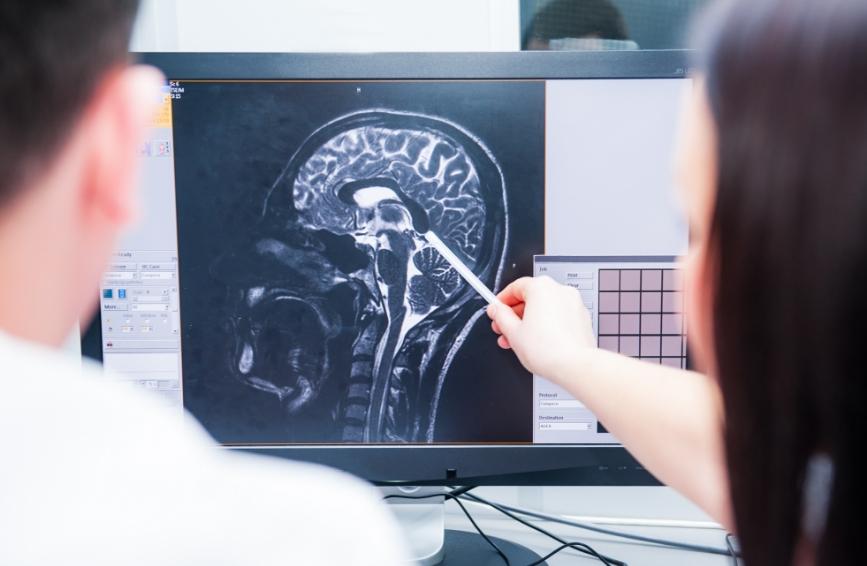Can Head Injuries Cause Brain Tumors?

The human brain is a delicate and extremely important organ that is surrounded by a protective layer of bone called the skull. However, accidents and injuries can still occur, raising the question of whether such incidents may lead to the formation of brain tumors. Let’s take a closer look at the relationship between head injuries and the possible development of brain tumors to see if they are related or not.
Understanding Brain Tumors
To address this question properly, let’s first go over what brain tumors actually are. Brain tumors are abnormal growths of cells inside the brain that can either be benign or malignant. Benign tumors are non-cancerous and often non-life-threatening, while malignant tumors are cancerous and require immediate medical attention.
Can Head Injuries Trigger Tumors?
Research has not been able to provide any conclusive evidence that proves head injuries can cause brain tumors. In fact, the lack of evidence currently shows that head injuries have little to no significant connection to the development of brain tumors. Even studies examining particularly severe head injuries have revealed only a minimal link between such injuries and the potential formation of brain tumors.
Do Concussions Increase the Risk of Brain Cancer?
Can concussions cause brain cancer? Concussions are a type of head injury that is most commonly seen in high-contact sports and accidents. They occur when you are hit with enough force to move or shift the brain within the skull. Just like with most head injuries, studies have found little evidence supporting the fact that a brain injury like this can cause brain cancer. However, studies do show that receiving multiple concussions can possibly increase your risk of having a stroke over time.
Ongoing Research
While there are currently little to no direct indications of a connection between head injuries and brain tumors, the topic remains a subject of ongoing research. Scientists and doctors are constantly conducting research and monitoring ongoing studies to unravel the complexities of the brain.
Brain Tumor Treatment Center
At the Preston Robert Tisch Brain Tumor Center, we are committed to providing the most advanced, comprehensive, and compassionate care for individuals facing the challenges of brain cancer. Our center is not just a healthcare facility; it's a place of hope, healing, and cutting-edge research. At the heart of our brain tumor center is a team of world-renowned experts in neuro-oncology.
Our team of experts collaborates across various fields, including neurosurgery, radiation oncology, neurology, and more. We understand that each patient is unique, and every brain tumor is different. That's why we take a personalized, multidisciplinary approach to treatment.
Facing a brain tumor diagnosis can be overwhelming. At our center, we don’t only provide top-tier medical care but also unwavering support and compassion to guide you and your family through every step of your journey. Offering care to both adult and pediatric brain tumor patients, we are dedicated to enhancing your quality of life and ensuring your well-being.
Schedule a consultation today at our Durham, North Carolina, offices and learn how we can help you navigate your brain cancer diagnosis with expert care, treatment plans, innovation, and compassion.
Commonly Asked Questions
Is there a link between head injuries and brain tumors in children?
There is no conclusive evidence to prove a direct link between head injuries in children and the formation of brain tumors.
How do you know if you have a brain tumor?
A brain tumor has to be diagnosed by a medical professional. Warning signs often involve symptoms such as persistent headaches, changes in vision, seizures, or personality alterations. Imaging tests, such as MRIs or CT scans, are typically used for diagnosis. Schedule a consultation with our doctors if you have been experiencing these symptoms.
What causes brain tumors?
While the exact cause of brain tumors is still being studied, they can result from genetic mutations or exposure to radiation.
Are brain tumors always cancerous?
No, brain tumors can be benign (non-cancerous) or malignant (cancerous). The severity and treatment options differ between these two categories.
What are the common treatment options for brain tumors?
Treatment options for brain tumors may include surgery, radiation therapy, chemotherapy, or targeted therapy, depending on the tumor type, size, and location.